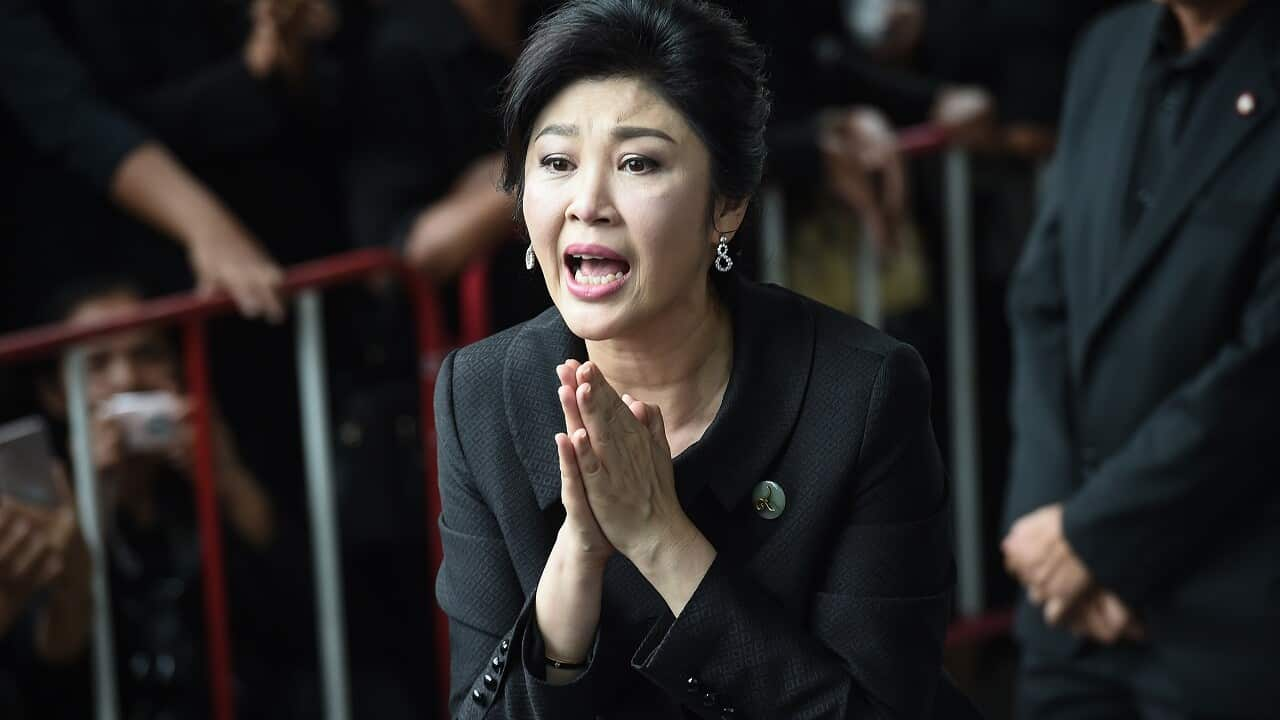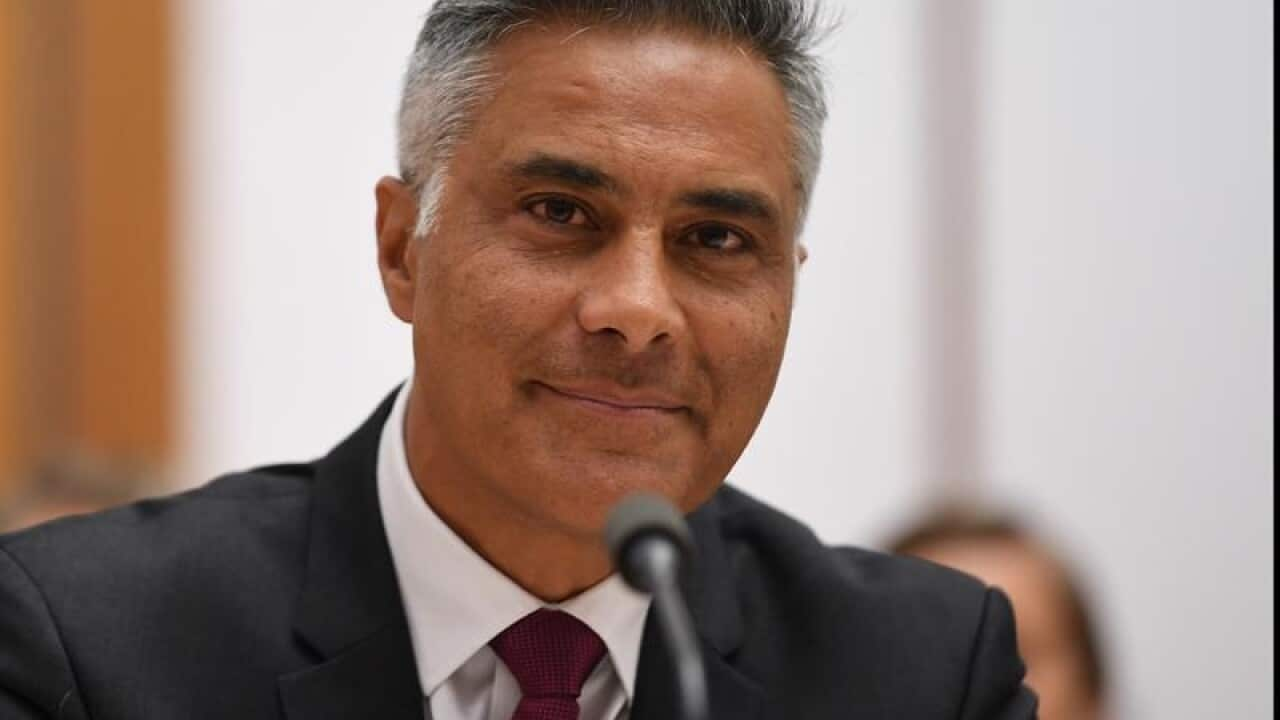Yingluck Shinawatra was Prime Minister of Thailand from August 2011 to May 2014, when she was removed from office amid an abuse of power scandal.
She is the younger sister of exiled business tycoon Thaksin Shinawatra, a highly divisive figure who was Thailand's prime minister from 2001 to 2006 when he was ousted by a military coup.
When Yingluck stood for office in 2011, she was widely seen as a puppet or proxy for her brother, who still lives in self-imposed exile in Dubai while avoiding a jail sentence in Thailand.
Mr Shinawatra founded and bankrolled the Pheu Thai party, which has won every Thai election since 2001.
Pheu Thai is hugely popular among rural voters in the north and north east of the country, who were long neglected by previous Thai administrations and benefited significantly from Mr Shinawatra's pro-poor schemes and subsidies.
But the Shinawatras were widely seen by urban educated classes as corrupt, dodging tax on multi-million dollar businesses and using their public positions for private gain.
Before politics, Yingluck was managing director of telco firm AIS founded by Thaksin, and also of SC Asset Company, a Shinawatra family firm involved in property.
The criminal charge laid against her was over her government's ill-conceived rice subsidy scheme which lost between $8 and $20 billion in public funds, but helped poor rice farmers who are the Shinawatras' political base.
Yingluck and her supporters believe the case is led by junta leader Prayut Chan-O-Cha.
"I am a victim of a subtle political game," she told Thailand's Supreme Court on August 1.
"I was not involved in corruption and I did not consent to corruption."

Supporters of Thailand's former Prime Minister Yingluck Shinawatra outside the Supreme Court after Yingluck failed to show up. Source: AAP
Thailand's troubled politics
Since Thaksin's five year prime ministership, the country's political landscape has been split into the red shirts - Thaksin government supporters; and yellow shirts - royalist, nationalist and urban middle class protesters who adopted the colour associated with the revered Thai king to protest Thaksin's alleged corruption.
The return of a Shinawatra to the political stage in 2011 was polarising in an already divided country, but the Shinawatra electoral magic proved still potent. Yingluck won the election in a landslide to become Thailand's first female prime minister.
But her government descended into political gridlock amidst mass protests and violent street clashes between red shirts and yellow shirts.
Yingluck was ousted from office by a Constitutional Court decision in May 2014, and shortly afterward the military took over again, dissolving the caretaker parliament, blockading streets in the capital Bangkok, and imposing martial law. It was the 12th coup in the country since 1932.
She was formally impeached in 2015 over the rice subsidy scheme.
Today, Thailand remains Asia's only military dictatorship.
It is not clear whether the generals will allow another election to take place, but many believe they want Yingluck Shinawatra out of the picture before they do.
A conviction for Yingluck would mean a lifelong ban from politics and a jail sentence of up to ten years.
Her court case has been rescheduled for September 27 after she failed to appear on August 25. Her lawyer said she was sick.












